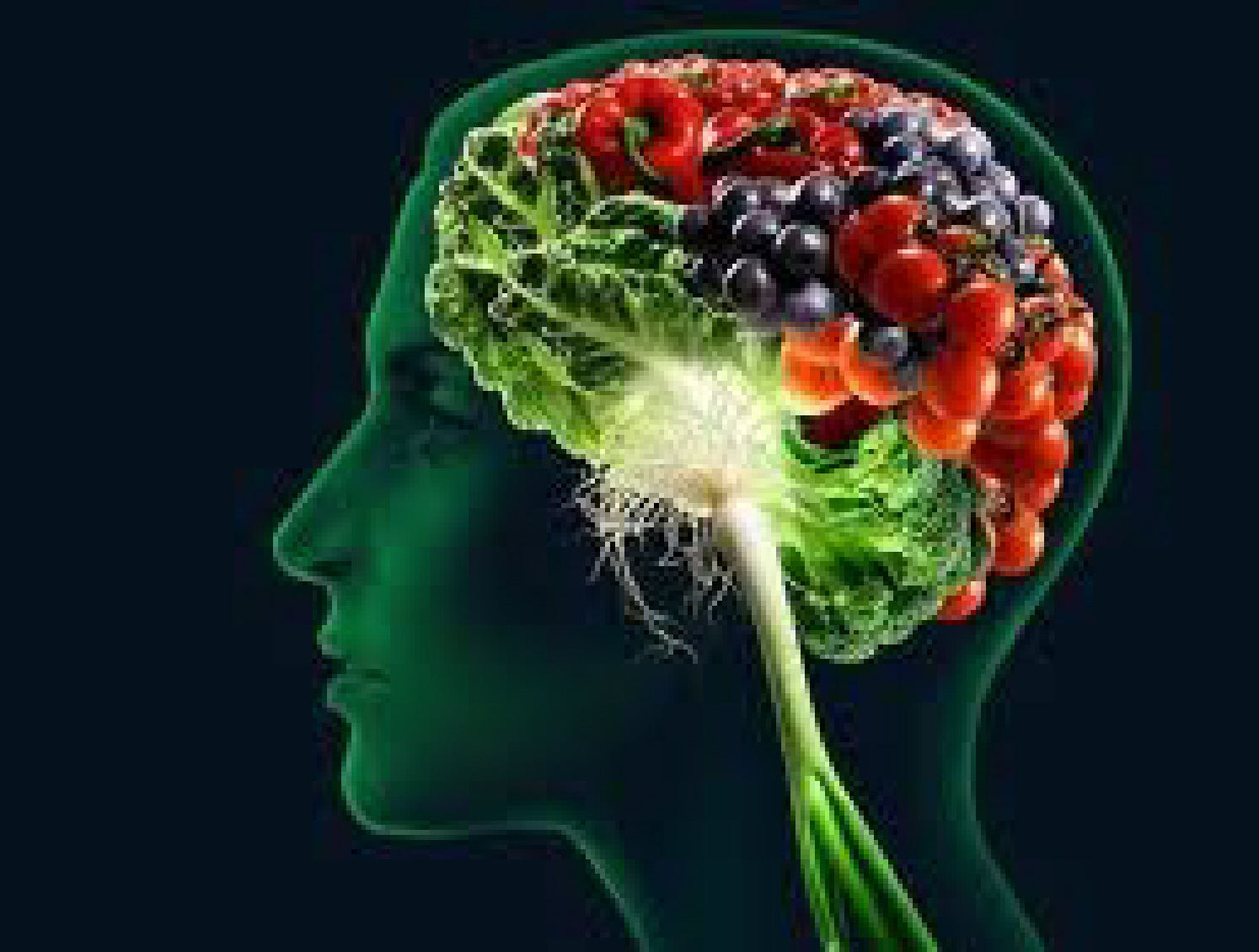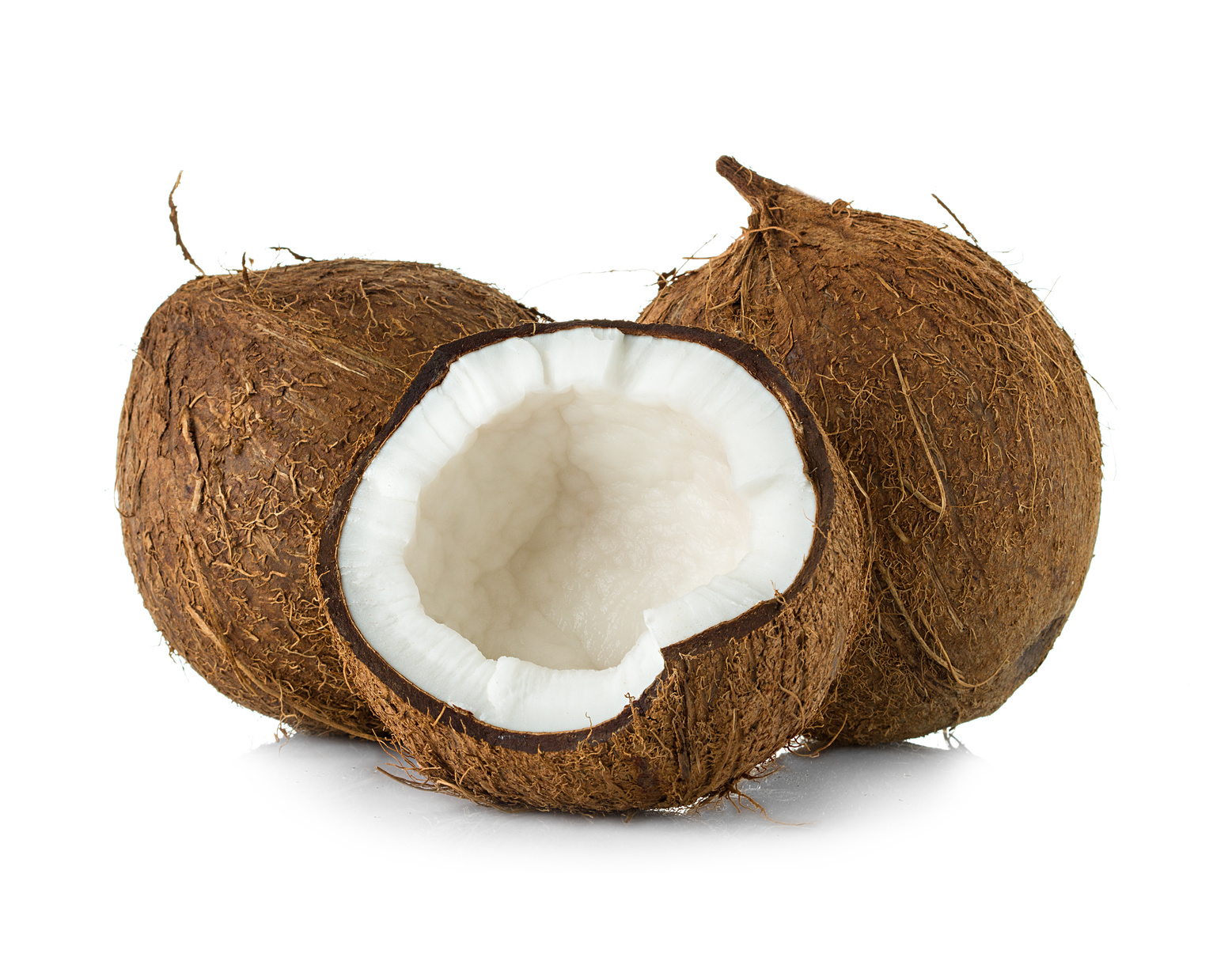
Green tea has a long history of use, having been first brewed in China back in 2737 BC. Its major active component—epigallocatechin-3-gallate (EGCg) —is one of the most extensively studied polyphenols, and a wide body of research backs up what East Asian grandmothers have known for generations: a few cups a day might not keep the doctor away, but their beneficial effects on health might make the doctor’s job a little easier.With carbohydrate intolerance and eventual development of metabolic syndrome being tied to an ever-increasing number of downstream health issues, patients can always use another natural tool in their arsenal to help manage blood glucose and insulin levels. Considering these, and other potential health impacts, why not have access to a tool whose main side-effects are a pleasant flavor and the possible calming and relaxing effects of L-theanine? Read More













